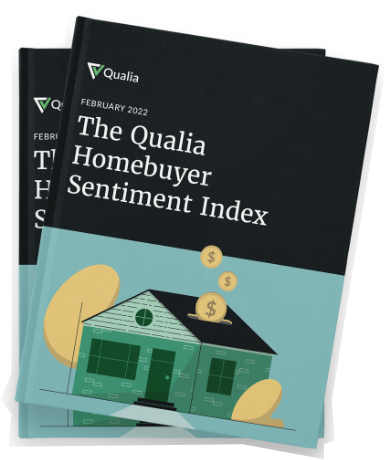You can imagine how many questions real estate agents receive. Because people are naturally curious, it is an agent’s job to assist people in navigating the often-complex world of home buying and selling. Some questions about real estate are asked more often than others, whether you’re a first-time buyer or an experienced one who needs a refresher on how deals are done. To give you a little help, we have compiled the most frequently asked questions about real estate.
1. What is the initial step in purchasing a home?
To begin, you must be aware of your borrowing capacity. Knowing how much you can afford makes online home searching easier, so you don’t waste time looking at houses out of your price range. Second, your lender’s loan estimate will show the amount needed for the down payment and closing costs. You may need more time to save money, sell other assets, or convince family members to give you money as a gift for a mortgage. Regardless, you will precisely know how much money is required. Finally, getting pre-approved for a mortgage shows your real estate agent and the seller that you are serious about buying their home.
2. How much time does it take to purchase a home?
Real estate is always changing. The amount of time it would take to buy a home in the previous month or even the week before will differ from what it currently takes. Buying a home takes about 10 to 12 weeks, starting with online research and ending with closing escrow. Under normal market conditions, it typically takes 30 to 45 days to close on a home after an offer is accepted, and a home is chosen. However, well-prepared cash-paying home buyers have been known to purchase properties sooner.
3. What is the difference between the seller’s and buyer’s markets?
In the seller’s market, prices rise as home demand rises. On the other hand, the buyer’s market is characterized by decreased demand and falling home prices.
Several factors are drivers of demand, such as
- Interest rates have an effect on the price and demand for real estate. Lower rates attract more buyers because they make it cheaper to get a mortgage, but they also increase demand for real estate, which can raise prices.
- Real estate demand can be boosted or stifled by government policies and laws like tax breaks, deductions, and subsidies.
- Prices for real estate frequently follow economic cycles. Investors reduce this risk by purchasing REITs or other diversified holdings unrelated to economic cycles or able to withstand downturns.
- Natural disasters like a recent earthquake or flood can hurt property values in the area where they occurred.
- Low or high inventory: A decrease in available units may increase the prices of existing homes or vice versa.
4. What is earnest money?
Your agent will ask for a check when you offer a house. The earnest money is paid to demonstrate to the seller that the buyer’s offer is genuine. With earnest money, the property is effectively reserved for you and taken off the market. If a deal is reached, the earnest money goes toward the down payment and closing costs. The money is returned to the buyer if the deal fails.
5. How many homes should I view before buying one?
That depends on you! Shopping for a home is easier than it has ever been. The process of purchasing a home has been fundamentally altered due to the ability to search for homes online and view pictures before ever leaving the comfort of your living room. The level of convenience is unprecedented. However, nothing is like going inside a house and experiencing it yourself.
6. Should I buy a new house before selling my current one?
Naturally, you must sell your current residence first if the equity there will be used for the down payment on the new one. Some homebuyers decide to rent out their current residence as an investment property. The current residence won’t need to be sold in that scenario. However, your loan advisor will still need to look at your credit score and risk profile to determine if you can get a loan for a new home while keeping the title to the old one.
Final Words
We sincerely hope this provides some insight into the inner workings of a real estate deal. Whether you are a seasoned veteran or a novice home buyer or seller, this information is always useful to have on hand when the time is right.




